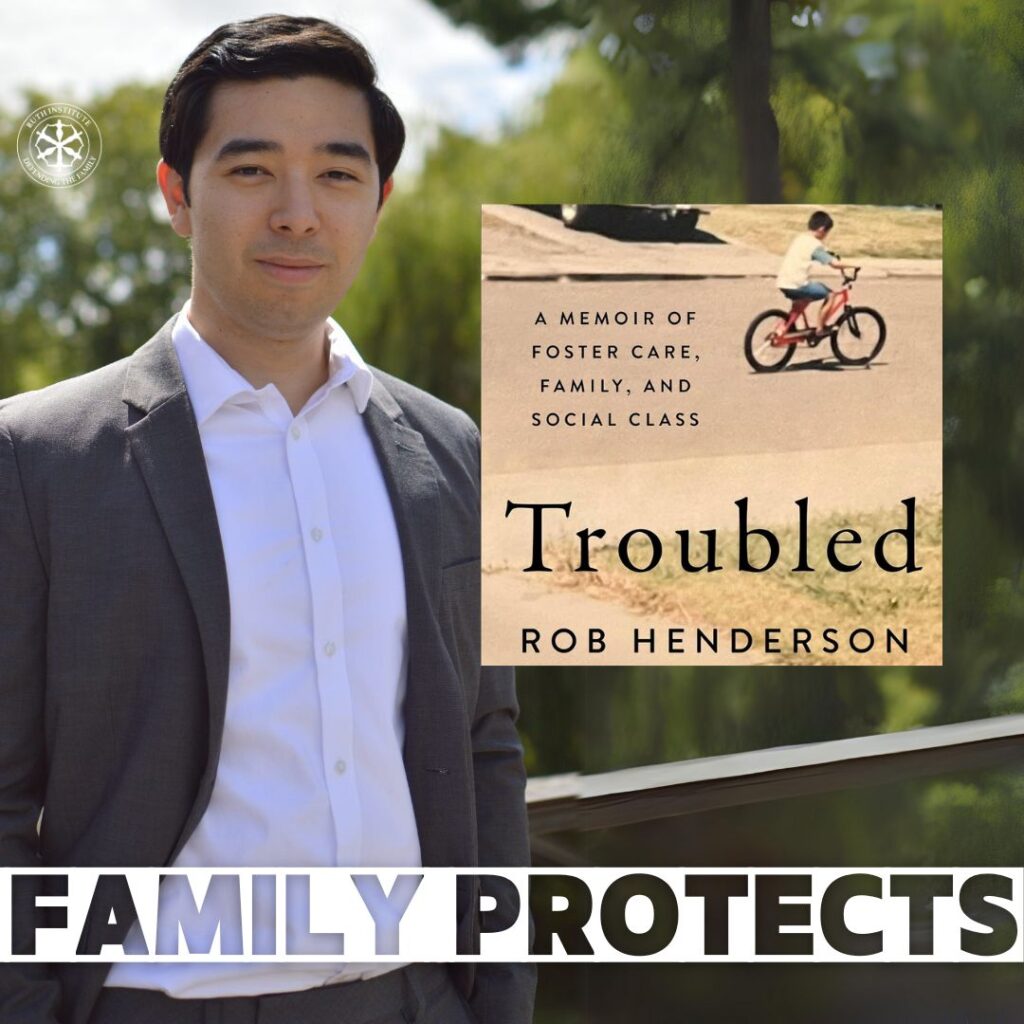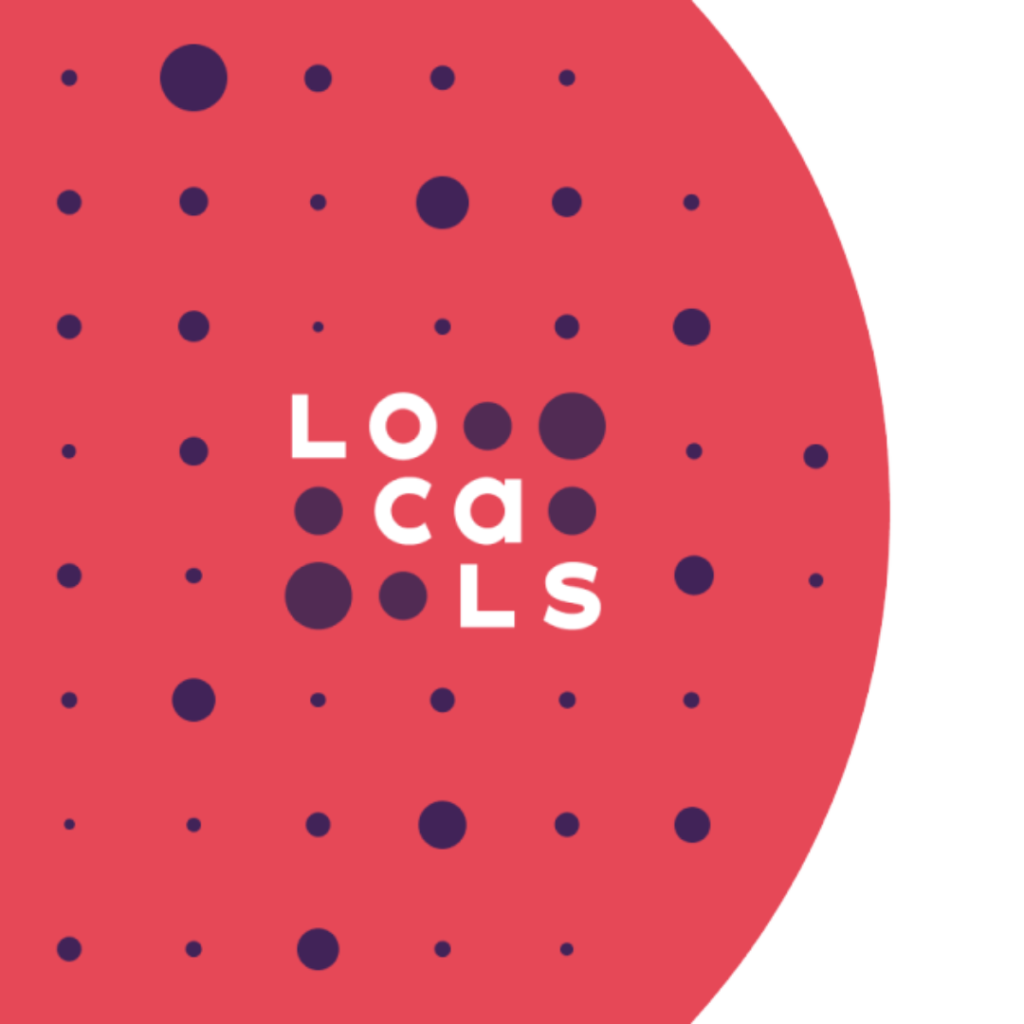
COMMENTARY: The elites of our society have concocted an elaborate belief system to justify themselves as they sacrifice the needs of children to the desires of adults.
by Dr. Jennifer Roback Morse March 20, 2024 at National Catholic Register
As someone who has been promoting the family for decades, I am delighted to see a new, fresh, young voice proclaiming the core message that kids need their parents. Robert Kim Henderson, with a bachelor’s degree from Yale and a doctorate in psychology from Cambridge, has written not an academic tome, but a memoir.
Henderson did not come to Yale and Cambridge by the usual routes. He came via family breakdown, foster care and the U.S. military.
In his memoir, Troubled: A Memoir of Foster Care, Family and Social Class, he recounts his tumultuous childhood. His earliest memory is of being taken away from his drug-addicted mother at age 3. Little Robbie entered the California foster-care system. He was angry, unhappy and marginally literate. He recalls the stress surrounding his multiple placements: unreliable adults, minimal supervision, limited food, and a bevy of temporary foster siblings, who, like him, would come and go.
When he was adopted by the Hendersons at age 7, he hardly dared to believe this would be permanent. For the first time, he was welcomed by his new sister, the Hendersons’ daughter by birth, who was three years younger than he. “No more moving,” he thought. “Realizing that my sister and I would not be taken from each other filled me with unexpected joy” (p. 37). His love for his sister shines throughout the memoir.
This part of Henderson’s memoir tugged at my heartstrings and my own memories as a foster mother in San Diego County from 2003 to 2005. We didn’t have any kids with a history as rough as little Robbie’s. But I can testify that kids in our care were deeply attached to their siblings. We made a point of making sure they got to visit with their siblings who were placed in other foster homes.
I can also testify to this: Our foster kids really wanted their moms and dads to pull themselves together and be appropriate parents. They’d rather live with their parent or parents in the back of a car than with us in our big, comfortable house.
Back to Rob Henderson’s story. His adoptive parents, whom he thought would be his forever parents, divorced. His mom explained their new living arrangements.
“For now, Dad was upset with her. He was mad that she left and wanted to get revenge. She said his decision not to see me anymore was his way of hurting her” (p. 54).
His adoptive father continued to have regular visits with his birth daughter, Rob’s sister. Can you imagine that kind of regular reminder of rejection, week after week? Unbelievable.
About the Ruth Institute
The Ruth Institute is a global non-profit organization, leading an international interfaith coalition to defend the family and build a civilization of love.
Jennifer Roback Morse has a Ph.D. in economics and has taught at Yale and George Mason University. She is the author of The Sexual State and Love and Economics – It Takes a Family to Raise a Village.
To schedule an interview with Dr. Morse, contact media@ruthinstitute.org.



This topic intrigues me since I want to know more about chiidren at a very young age may start their sexual orientation and
consequently may affect the overall family cohesiveness that parents desire. There are many unanswered questions that
people don’t know the answers. Questions such as…. Are some children born to be gay or lesbians? What are some flags that people should know when their children display unusual character traits? Are children from single families more apt
to want to choose sexual partners? Why do some lesbians reject having sexual intercourse with men? Where does ethnicity
come into the picture? Are more whites prefer being gay or more latinos or more blacks or more Asians? Do the young people realize that their parents want their own children to have children, thus the parents having grandchildren? Why do some families have more children that are gay… example, 3 grown up adults ( siblings ) and being 1 brother and 2 sisters
having children that are gay? Does it mean that they are cursed? It seems as if an epidemic is going on. Is this a trend that
can be controlled.